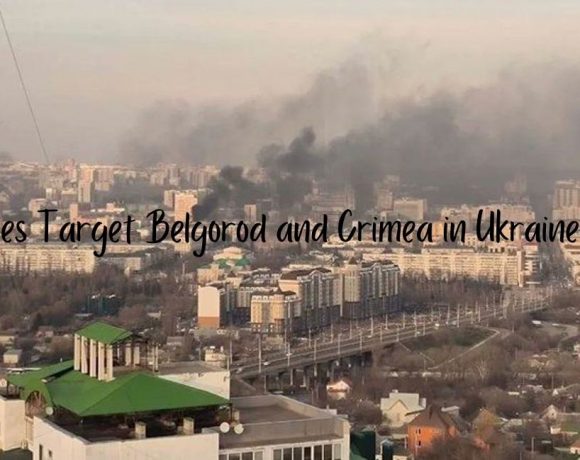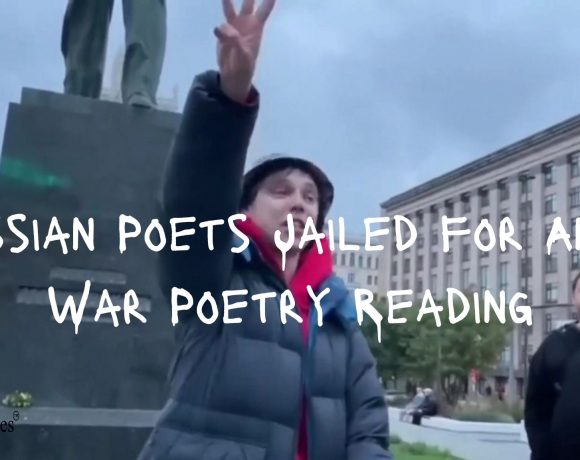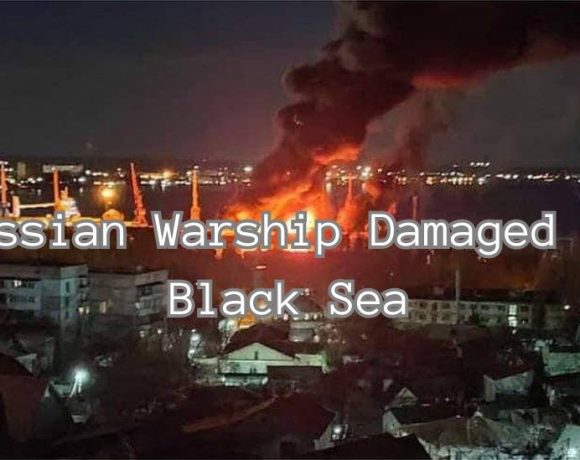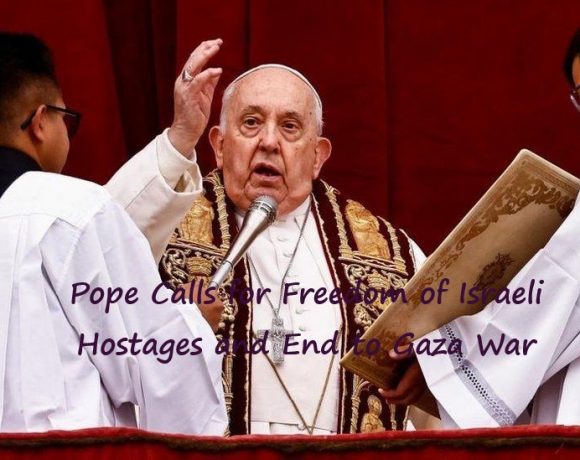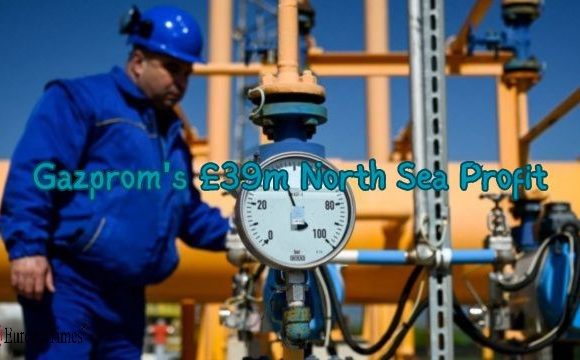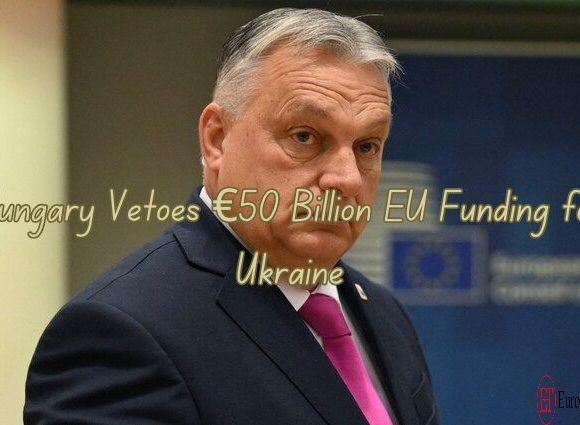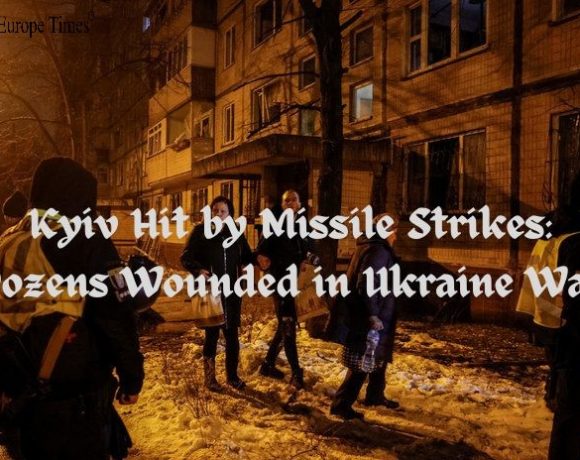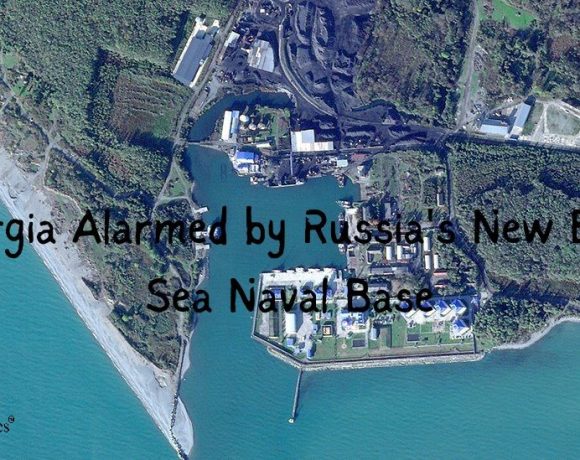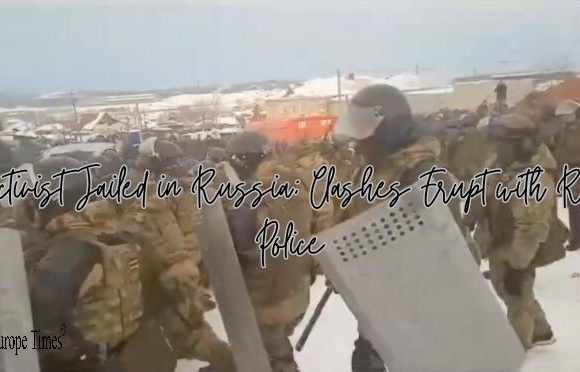
In Bashkortostan, Russia, riot police clashed with protesters, deploying tear gas and batons, following the sentencing of rights activist Fail Alsynov to four years in a penal colony. Footage showed confrontations near the court, with supporters of Alsynov, some throwing snowballs, expressing their discontent. Alsynov was convicted of inciting ethnic hatred, a charge he vehemently denies. The harsh sentencing triggered injuries among protesters, including one individual with a “smashed head,” and numerous detentions.
Authorities in Bashkortostan have initiated investigations into some protesters under charges of “mass rioting,” carrying a potential maximum prison sentence of 15 years. Observers suggest that the authorities aim to use the severe sentence as a deterrent, making an example of both the protesters and Alsynov. The protests, lasting several days in freezing temperatures around -20°C, drew thousands of participants, reflecting widespread dissatisfaction.
Alsynov’s supporters argue that the charges against him are delayed retaliation for his activism against gold mining plans and his efforts to prevent soda mining in a region considered sacred. Alsynov, who intends to appeal, claims that his words, allegedly insulting migrants, were mistranslated from the Bashkir language, where they meant “poor people.” Despite the verdict, he expressed gratitude to those who came to support him, emphasizing his commitment to justice and the well-being of his people.
The activist, known for criticizing military mobilization in the region as “genocide” against the Bashkir people, has a history of opposing policies, including his leadership role in the Bashkort movement. This grassroots organization, established to preserve Bashkir ethnic identity, was banned as extremist in 2020. The broader context of ethnic tensions and activism contributes to the significance of Alsynov’s case and the ensuing protests in Bashkortostan.
Picture Courtesy: Google/images are subject to copyright


